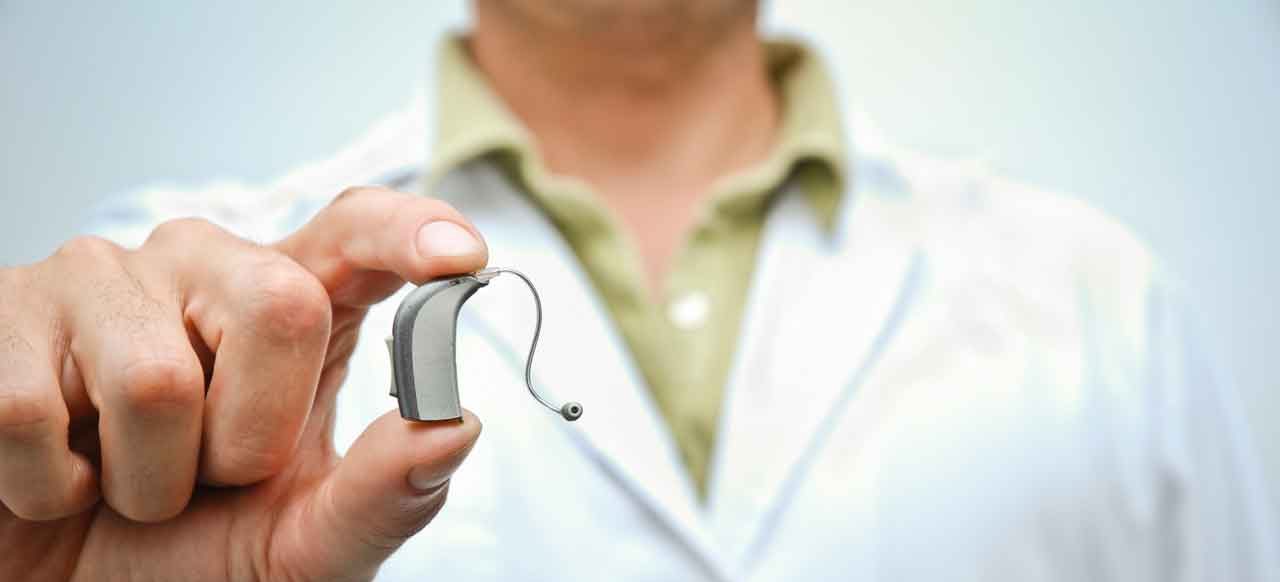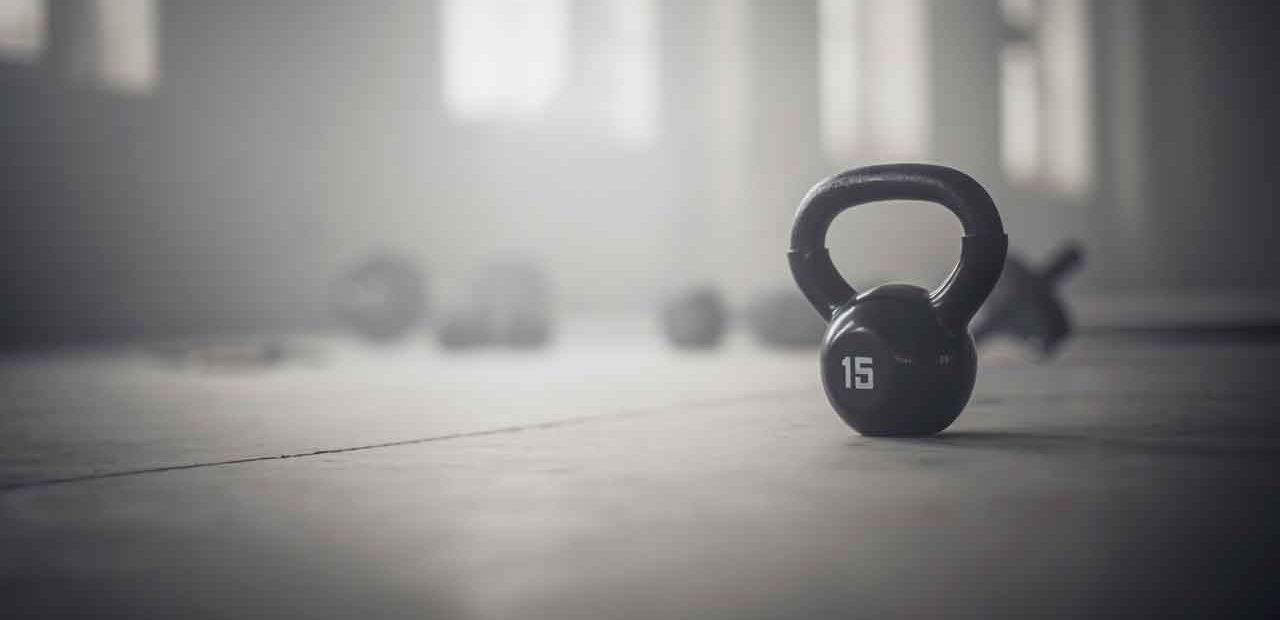February 14, 2018
Hearing Aid Prices May Plunge

A basic hearing aid, with far simpler electronics than a cell phone, costs $2,300, on average, or $4,600 for a pair. Those prices make no sense, and may not last, as new regulations and technology push them down.
In the current market, audiologists buy aids in bulk from a small group of manufacturers. They test your hearing, choose an aid for you, program it to match your “audiogram,” and help you with any problems. All of those services are packed into the $2,300 average price tag, paid by consumers, since Medicare and standard insurance don’t cover hearing aids. The high cost, in part, explains why only one in five of the 30 million Americans with significant hearing loss owns a hearing aid.
YOU MIGHT ALSO LIKE: It Took Me 35 Years to Get a Hearing Aid
A wave of technology could bust this expensive arrangement. Fairly soon you may be able to pick your aid at a store, test your hearing with a cell phone app or online software, and program your hearing aid yourself. Already there’s another option: You can get a professional test and buy hearing aids online programmed for you. It’s more trouble — but saves you hundreds of dollars.
As the population ages, more of us will notice hearing issues and seek a solution. Left untreated, hearing loss is tied to a greater risk of depression and dementia. Age-related hearing loss creeps up on you from middle age on, and you may be irritating your colleagues and family long before you believe you need help. In your seventies, your chance of having noticeable hearing loss is about one in two. Plenty of younger people also don’t hear well, according to government estimates.
Seeing a growing problem, two prominent groups have recommended that the FDA approve a device that could be bought over the counter — similar to reading glasses — including the National Academies of Sciences, Engineering, and Medicine, which produced a fat report in June. Sens. Charles Grassley, R-Iowa, and Elizabeth Warren, D-Mass., plan to introduce legislation endorsing OTC hearing aids, sold without current restrictions.
The groups representing audiologists disagree on whether OTC aids would help consumers. These first OTC aids may not be programmable, but have different settings.
In the meantime, do some shopping before paying full price to an audiologist. You can buy an aid at Costco. At Buyhear.com, you can get the brands sold by audiologists for about half price. A division of the insurer UnitedHealth sells aids online beginning at about $800. At audicus.com and HearingWisdom.com, prices start at just under $600. At MDHearingAid.com, you can buy two aids for $650.
At the moment it’s still difficult to compare the quality and features of these aids. (The FDA could help by creating standard descriptions.) To protect yourself, make sure you can return the aid for free within a specified time period. Don’t listen to anyone who tells you that online aids are never programmable. You can get tested by an audiologist — in New York City, this costs about $100 — and send the manufacturer your results. I was born with hearing loss and have worn pricy aids for decades. I now wear aids sold by Hearing Wisdom, programmed to match my audiogram.
To evaluate whether you need a hearing aid, consider this checklist. Do you:
• Often ask people to repeat what they say?
• Have trouble hearing in groups?
• Think others mumble?
• Fail to hear someone talking from behind you?
• Turn up the volume on devices — sometimes too high for others’ comfort?
• Have difficulty on the phone?
• Have trouble hearing your alarm clock?
• Have difficulty hearing at the movies?
• Dread going to noisy parties and restaurants?
Don’t wait — your mood, relationships, and work performance could improve significantly if you invest in your hearing, and the cost is smaller than you may think.


